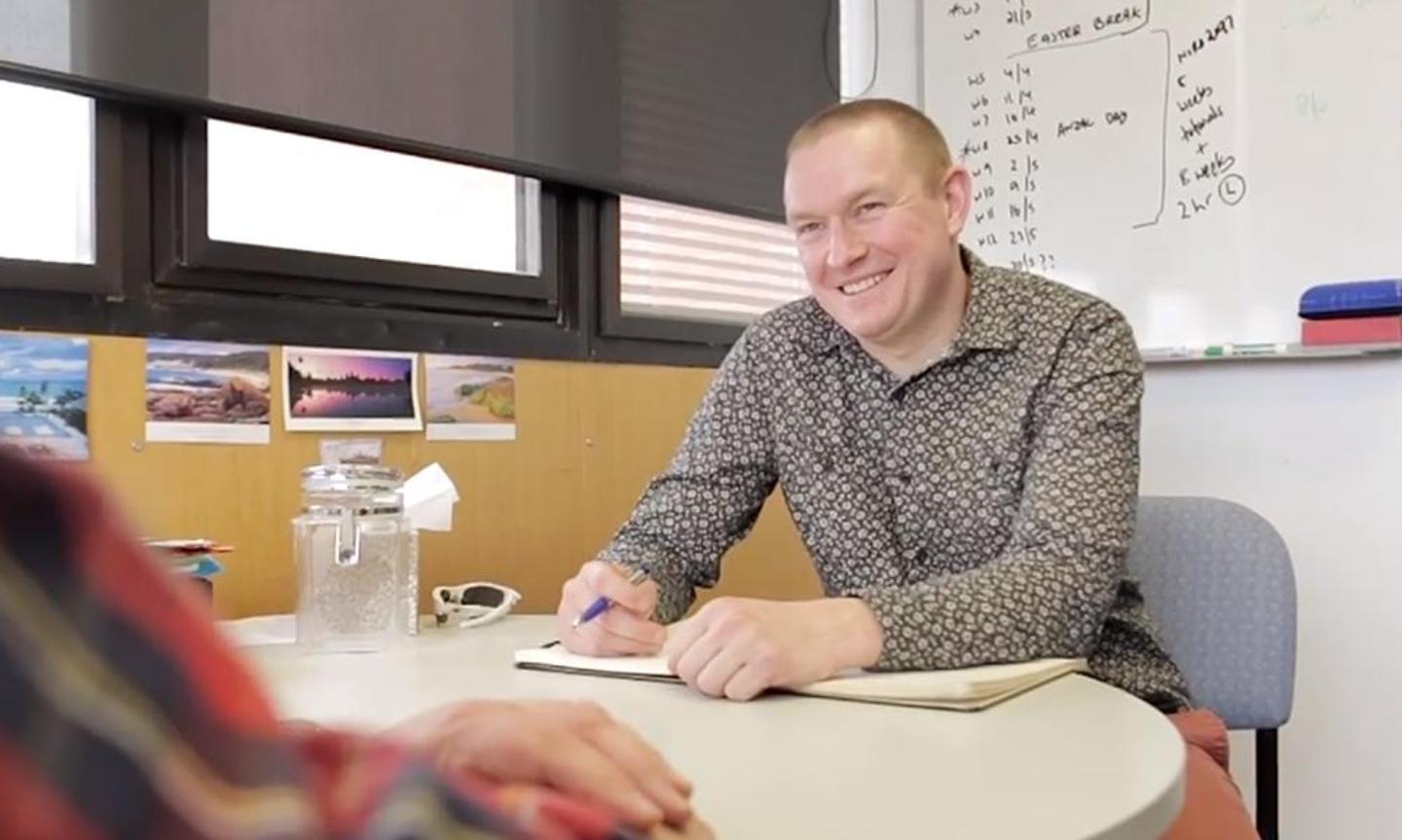As our population grows and the pressure of modern day living increases, there is a growing need for health care workers – particularly for experts in mental health nursing.

It is estimated that almost half of us will experience mental health issues at some point in our lifetime. According to recent research by the Australian Government, there will be a strong demand for health care and social assistance over the next five to 10 years.
Associate Professor Philip Maude from RMIT University said although nurses can successfully provide this care, patients benefit most from professionals who can provide specialised skills.
"Any nurse can work as a mental health registered nurse, however a specialised postgraduate qualification can provide better health outcomes for the patient as well as expanded career opportunities for the nurse," Maude says.
"Training for practitioners has progressed significantly since 1955 when the first graduate psychiatric health nurses emerged.
"Quality specialist training, together with the advent of anti-psychotic and anti-depressant drugs, has greatly improved patient outcomes since then.
"At the same time, expertise in the effects and side effects of the new psychopharmacology has also had a significant impact on the role of the mental health nurse."
Maude says recent changes in mental health legislation have further defined the role of mental health nursing.
"Developments in assessment and treatment and the recovery focused care we now provide has changed the way we work with people who have experienced mental illness," he says.
"This evolution has been pivotal in mental health nursing."
A postgraduate degree in mental health nursing suits those who are interested in working collaboratively with a patient’s family and within a multidisciplinary team.
Care is more long-term and nurses really get to know patients and their families as they become a trusted source of support on their journey to recovery.
RMIT's Master of Mental Health Nursing and the Graduate Diploma in Mental Health Nursing are aimed at further skilling people who already work in the industry.
The programs provide training in advanced individual and group counselling; early intervention and recovery focused care; current thinking in psychopharmacology; understanding of contemporary mental health nursing issues; and critical appraisal for evidence-based practice.
RMIT Mental Health Nursing graduate, Susan Hua was particularly interested in the strong focus on psychotherapeutic interventions.
"I've really enjoyed the opportunity to learn in a specialised field," Hua says.
"Caring for people with mental illness can be complex and challenging, so providing the right level of care can make a huge difference in someone’s life.
"I'm currently working as a mental health nurse and being able to work with, and support someone, on their recovery journey is very rewarding to me."
In addition to improved patient care, Maude says that a postgraduate qualification creates new opportunities for nurses.
"Graduates can end up in a range of roles depending on their focus – whether that is shift leadership or even educational roles within the community," Maude says.
"With Australia’s growing population and the increasing demand for specialist care, it’s important for nurses to develop their abilities and perhaps even explore sub-specialty areas such as addiction management; care for rural and remote patients; and stage of life care for children, adolescents and the aged."
"Mental health care nurses are critical to the wellness of our society – they have an opportunity to provide a unique service to a growing portion of the community who are largely forgotten."
Story: Rhonda Cadman
You may also be interested in:
Find the right course for you
With over 350 qualifications to choose from, it's never been easier to find the right fit.


